3 Things I Wish I Knew When I Started Mixing Live Worship Recordings
Jun 22, 20253 Things I Wish I Knew When I Started Mixing Live Worship Recordings
Are you overwhelmed by the endless sea of plugins and conflicting advice in the worship audio production world? If you're struggling to create professional-sounding worship mixes despite investing in countless plugins, you're not alone. Today, we're diving into three critical lessons every worship audio engineer needs to learn - often the hard way.
The Plugin Dilemma: Quality Over Quantity
The audio plugin industry is booming with countless options promising to "fix your mixes" - but here's the truth most marketers won't tell you: no plugin can substitute for mixing skill development. Many engineers, myself included, have fallen into the trap of spending thousands on plugins without truly mastering how to use them.
What I wish I knew earlier:
- You only need about 10 well-understood plugins for professional worship mixes
- The best engineers focus on mastering a small toolkit rather than constantly switching between options
- Plugin marketing often preys on insecurities rather than addressing actual production needs
"No plugin can fix your mixes. The only way to fix your mixes is if you get better at mixing – period."
Three Essential Steps to Worship Mix Mastery
1. Invest in Knowledge First
Before spending another dollar on plugins, consider investing in a structured learning path:
- Find a worship-specific mixing course from someone whose teaching style and musical preferences align with yours
- Watch professional engineers mix worship recordings to develop your critical listening skills
- Learn to identify what you're actually hearing rather than what you think you should be hearing
This approach will save you years of frustrating trial and error while building a solid foundation of mixing principles specifically tailored for worship contexts.
2. Consistent Practice is Non-Negotiable
Like any skill worth mastering, mixing excellence requires dedicated repetition:
- Mix your church's worship recordings weekly, even if they're never released
- Compare your mixes from 3 months ago to track your progress
- Embrace being dissatisfied with older mixes as evidence of growth
- Approach each mix as a learning opportunity rather than just a task
Mixing is similar to building muscle at the gym - consistency over time yields results that no shortcut can provide.
3. Simplify Your Plugin Collection
The most liberating step I've taken (twice!) was completely wiping my plugin collection and starting fresh:
- Consider a subscription model (Waves, Slate, Plugin Alliance) that allows you to test plugins before committing
- Select just 10 plugins to learn thoroughly before introducing others
- Add new tools gradually as you master existing ones
- Focus on understanding when and why to use each tool rather than collecting options
Essential Plugins for Worship Mixing
If you're mixing live worship recordings, I recommend prioritizing:
- A quality plugin subscription to discover what works for your style
- Drum triggers (like Steven Slate Trigger) for consistent, modern worship drum sounds
- Vocal tuning software like Melodyne for polishing live performances
Master these tools thoroughly before expanding your collection, and you'll develop both skill and confidence simultaneously.
Remember Your Purpose
As worship engineers, we serve a higher calling than just creating polished audio. When plugin overload leads to overwhelm, we risk losing sight of our mission:
"We're doing this for the Lord...so that His kingdom can be spread and His name can be heard by everybody."
Don't let technical paralysis prevent you from using your gifts to spread the gospel through music. Simplify your approach, focus on skill development, and remember why you're behind the console in the first place.
Conclusion: The Path Forward
Creating professional worship mixes doesn't require endless plugins or constant gear upgrades. It demands intentional learning, consistent practice, and a thoughtful approach to your toolset.
Whether you're just starting your mixing journey or finding yourself overwhelmed by options, these three principles will guide you toward better worship mixes and a more fulfilling engineering experience.
Want to learn more about creating professional worship recordings? Download our free 5-Part Framework to Getting Professional Live Worship Recordings from the link below!
SUBSCRIBE FOR WEEKLY WORSHIP RECORDING LESSONS
We hate SPAM. We will never sell your information, for any reason.

